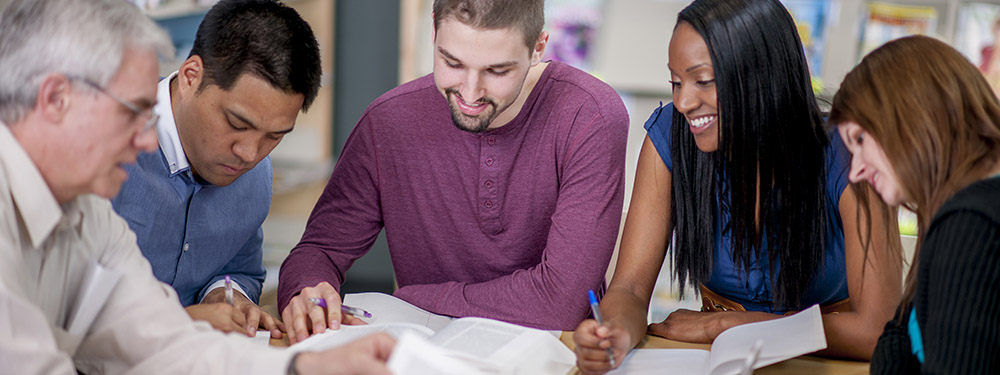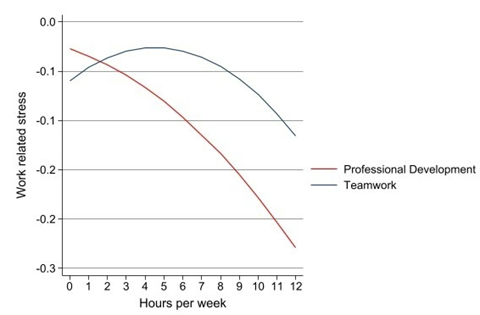
Corinne Settle and Alex Galvin reflect on what it means to ‘reset’ and how the focus needs to be on connection and collaboration.
Schools, by their very nature, are highly sociable places, full of noise and laughter and the day-to-day dramas of life.
The disconnection caused by the pandemic was felt very strongly in school communities. Teachers missed the human connections which for many make the job so rewarding. Pupils felt the absence of their friends, their teachers and their routine. The work done by schools to maintain a sense of community and connection was vitally important for young people and much appreciated by many of the pupils we have spoken to recently. Opportunities to see a familiar face and maintain some consistency was hugely reassuring at a time when the world had changed overnight.
Now we are back to normal, kind of, although Covid continues to cause regular disruption. But we are not the same. Personally, and professionally, we lost our normal routines. Previously embedded habits were disrupted, and in their place, new habits have formed. Ways of being that were once unfamiliar now feel normal and we might need time and practice to unlearn our new habits.
Many school leaders, reflecting on what catch-up means for their community, say that the issue is less about learning missing content, much more about missing experiences.
This is true for both pupils and staff. In many schools, staff rooms still lie empty – perhaps due to ongoing concerns about large numbers gathering in small spaces, but sometimes just because that habit has been lost. That loss is significant, taking away the opportunities to unload after a difficult day or to share concerns. Teachers new to the profession may have only known the experience of working independently, have missed out on the informal chats with colleagues which provide valuable opportunities for collective problem-solving and shared ideas. Online conversations fill many gaps, but you are less likely to forge friendships in a group Zoom chat than over a coffee during breaktime.
Dr Sam Simms (2021), using the OECD Teaching and Learning International Survey identified that extra hours spent on professional development or collaborative working are associated with an improvement in work-related stress and wellbeing. In short, working together makes us happier and more productive.

Schools are also revisiting the role of collaboration in the classroom. Numerous school leaders have mentioned that they have observed a change in teachers’ instinctive approach to pedagogy, with more of a reluctance to set up group tasks and a tendency to employ the kinds of approaches that were needed when working online. Perhaps this is because encouraging people to gather in groups still feels risky – as it still does for many of us in social contexts. Or again, it may be that the new habits that have been gained will take some time to unlearn.
Schools we have spoken to frequently talk about the need to ‘reset’ and refocus on what happens in the classrooms. Habit change for teachers and students will take time. Teachers need to be able to find the time, space and opportunity to identify what has changed and what now needs to return or develop to improve learning in the classroom. That’s not to say there aren’t any ‘Covid keepers’.
If you are keen to catch up on collaboration, get in touch. We can always support you in connecting with other schools and many of our programmes support collaboration within and beyond your team.

